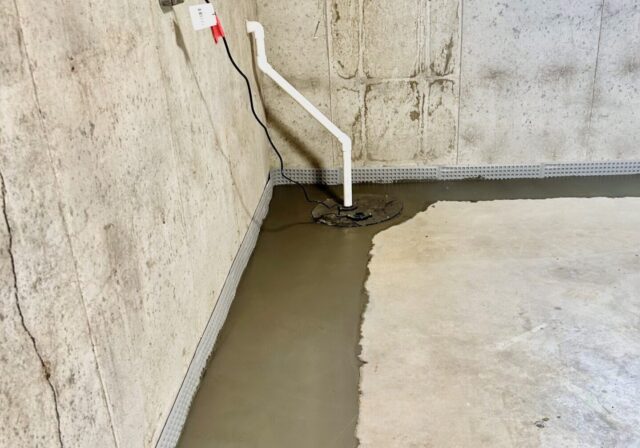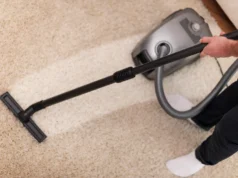When talking about home renovations, one of the most debated subjects is basement waterproofing. Some view it as an essential safeguard, while others believe it is an expensive service sold to unsuspecting homeowners.
What lies beneath the surface of this issue? Is it a genuine necessity, or has the industry created unnecessary panic around it?
Before answering that, it’s essential to separate the facts from the noise. In areas prone to heavy rain or high water tables, like the Niagara region, homeowners are faced with the question of protecting their property from potential water damage.
Many feel pressured by contractors to invest in waterproofing solutions. Others question whether it is truly worth the investment. But let’s examine the need, or lack thereof, for waterproofing in a grounded way.
Key Points:
- Water intrusion can cause serious structural damage to a home.
- Waterproofing methods vary based on the severity of the problem.
- Professional services offer tailored solutions for local homeowners.
- Rules and building codes around basements vary across regions.
- Homeowners should weigh the costs of waterproofing against the risks.
Common Causes of Water Problems
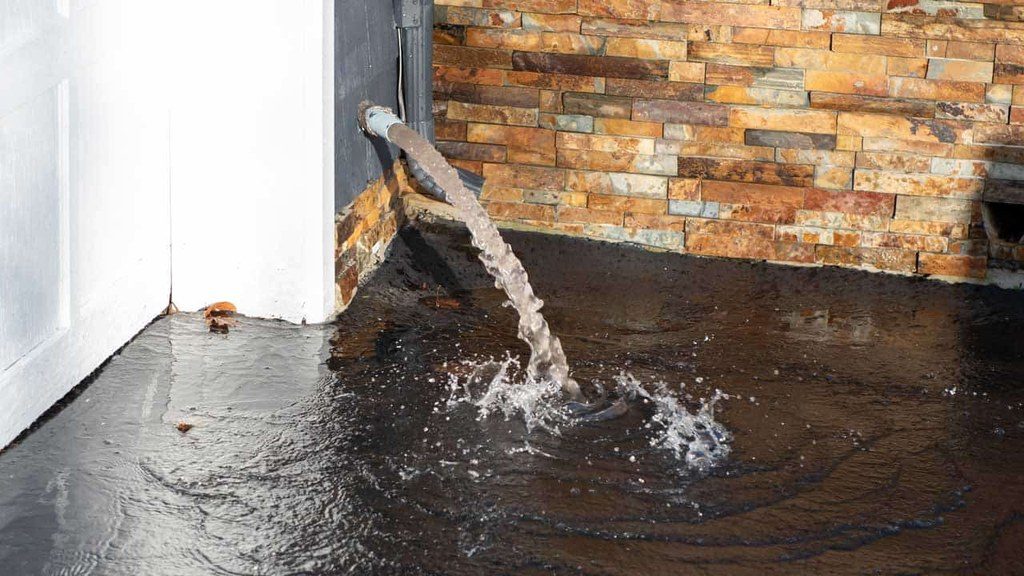
Water can seep into a home for many reasons, and not all are due to faulty design or poor construction. Homes in regions like Niagara experience issues related to fluctuating water tables, soil movement, and even the freeze-thaw cycles during colder months.
When water penetrates a home, it’s not just about puddles on the floor. It could lead to long-term structural damage, mold growth, and unpleasant odors that linger in the air.
A damp or wet basement poses more than just aesthetic problems. It could lead to serious health risks as well, especially with mold spores contaminating the air. The cost of repairs can skyrocket if the issue is left unchecked, making the investment in waterproofing seem like a wise precaution.
Local Niagara waterproofing services provide tailored solutions to address local conditions.
Their experience in the Niagara region is particularly important as they understand the specific challenges homeowners face, such as soil conditions and seasonal weather patterns.
For homeowners in this area, working with experts who know the region ensures that the solutions offered are neither unnecessary nor overblown.
Cost vs. Benefit
One of the main concerns for homeowners is cost. Waterproofing is not cheap. Depending on the extent of the work required, it can range from a few thousand dollars to tens of thousands. That leaves many wondering whether the investment is justified.
To answer that question, consider the consequences of not addressing potential water issues. A single flood or leak could destroy belongings, damage the foundation, and cost even more to repair in the long run.
It’s a gamble that could pay off or backfire depending on the home’s location, age, and condition. Homeowners should weigh the risks carefully before making a decision.
Regulations and Building Codes
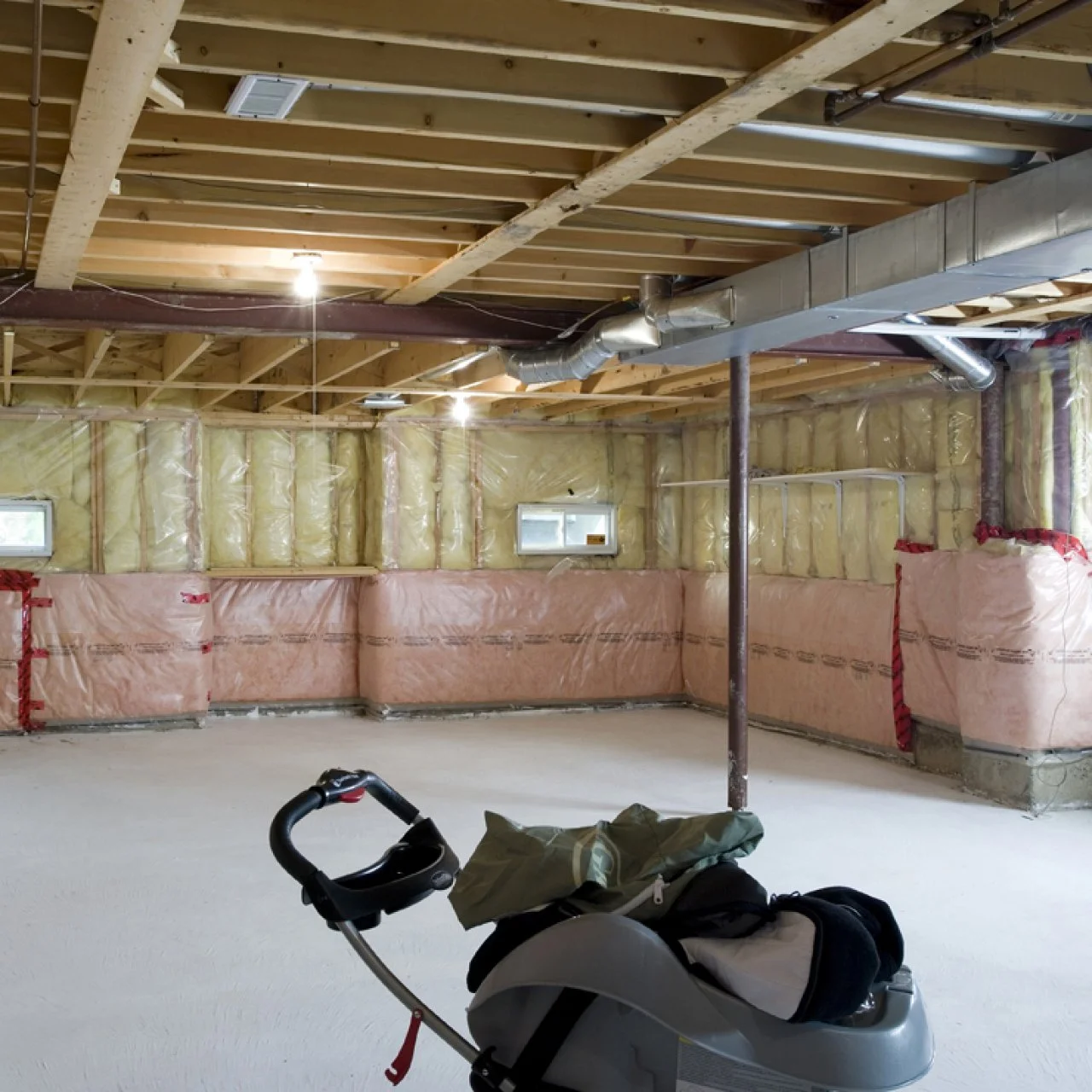
In many regions, building codes require that homes, especially newer ones, meet certain standards for moisture protection. However, these rules can vary widely from one area to another.
In the Niagara region, for example, older homes may not be up to modern standards, leaving them more vulnerable to water intrusion. Newer homes, on the other hand, might already include some level of waterproofing as part of the construction process.
Key points to consider:
- Building codes vary depending on the location and age of the home.
- Older homes might not meet current moisture protection standards.
- Newer homes may already include waterproofing as part of the design.
- Local regulations may dictate whether exterior or interior waterproofing is necessary or recommended.
- Homeowners should consult local authorities or experts to determine what is required versus what is suggested for their specific situation.
Real Estate Impact
For those thinking about selling their home in the future, waterproofing can be a selling point. Potential buyers often look for homes that have been well-maintained, and a dry basement is a significant part of that. On the other hand, a home with signs of water damage or a musty smell can be harder to sell and may even require price reductions.
In markets where homes are at a premium, a finished basement can add significant value. But the presence of moisture, or the lack of waterproofing, can turn that valuable space into a costly liability.
In this case, investing in waterproofing can be seen not only as a way to protect the home but also as a method to preserve or increase its market value.
Methods of Waterproofing
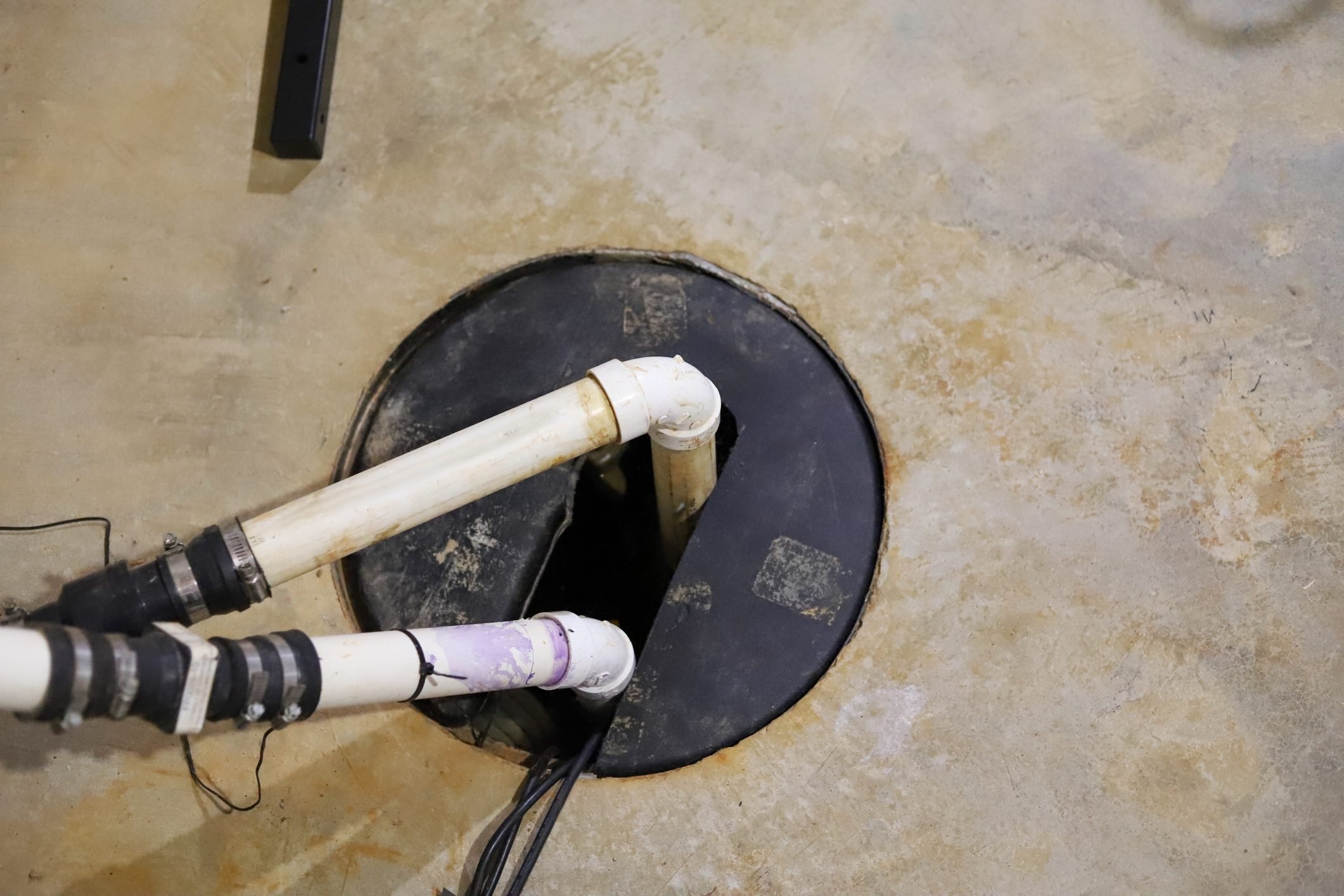
There are several methods available, depending on the specific problem at hand.
- Exterior waterproofing involves digging around the foundation and applying a membrane to block water from entering the structure.
- Interior solutions may involve installing a sump pump or creating drainage channels to divert water away.
- Sealants and coatings are often used to protect walls from minor moisture issues.
Table: Comparing Waterproofing Methods
| Method | Cost | Effectiveness | Required Maintenance | Best For |
| Exterior Waterproofing | High | Very High | Low | Severe water problems |
| Interior Drainage | Moderate | High | Moderate | Moderate water problems |
| Sump Pump Installation | Moderate | High | Moderate | Areas with frequent flooding |
| Sealants & Coatings | Low | Low | Low | Minor moisture problems |
Reflection on Cost vs. Risk
In certain areas, homeowners might find themselves struggling with constant water issues in their basements. The peace of mind that comes with investing in waterproofing can’t be underestimated.
But it’s important not to fall into the trap of assuming that every home needs an extensive and costly solution. Personal experience has shown that proper drainage and small fixes can often handle minor water problems, reducing the need for full-scale waterproofing.
FAQ
Is waterproofing necessary for all homes?
No, only homes in certain areas with water issues may require it.
How much does basement waterproofing cost?
It varies, but it can range from a few thousand dollars to tens of thousands, depending on the method.
Can waterproofing increase home value?
Yes, especially if the home is prone to water issues or is located in a flood-prone area.
Conclusion
Waterproofing remains a debated topic for homeowners, but it’s clear that, in certain areas, it can be a necessary investment. It’s important to evaluate the risks, costs, and potential damage before making a decision.
For those in water-prone regions, professional guidance can help ensure that the right decisions are made. Always consult with local experts to weigh your options and find a solution that fits your home’s specific needs.

